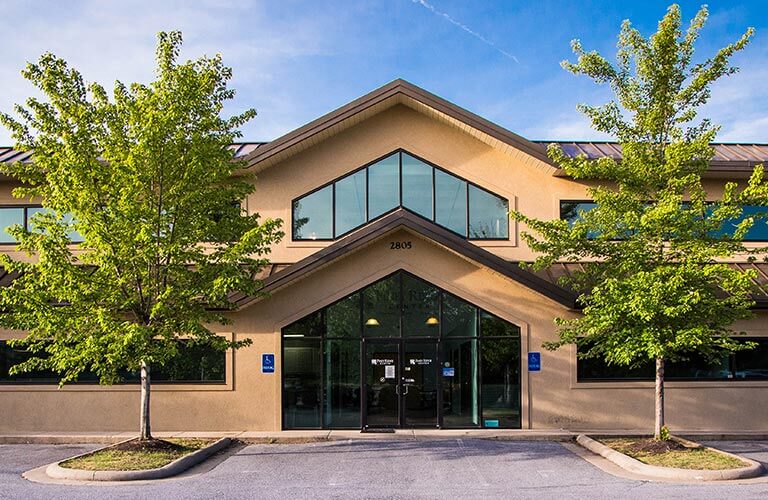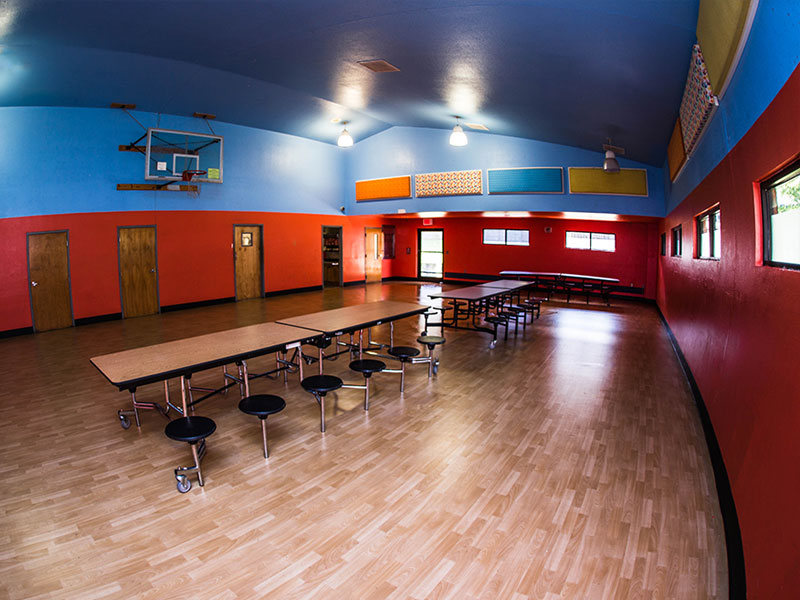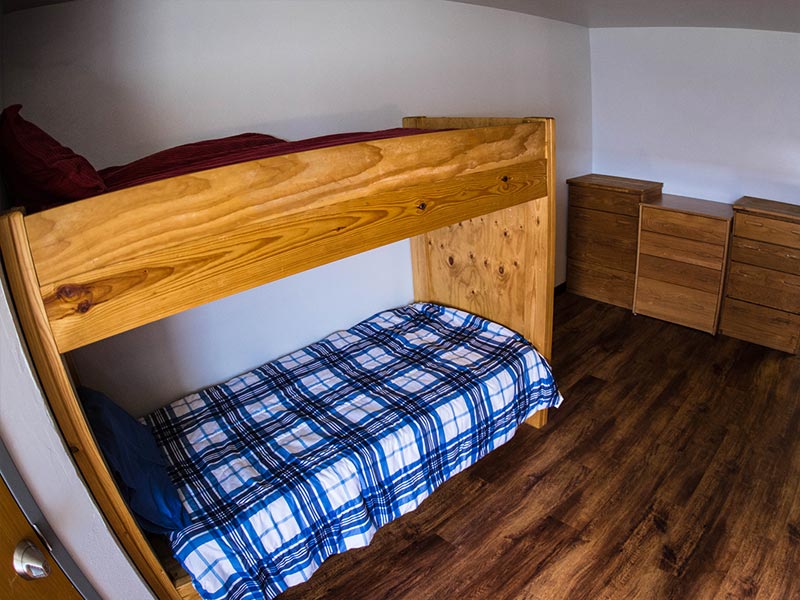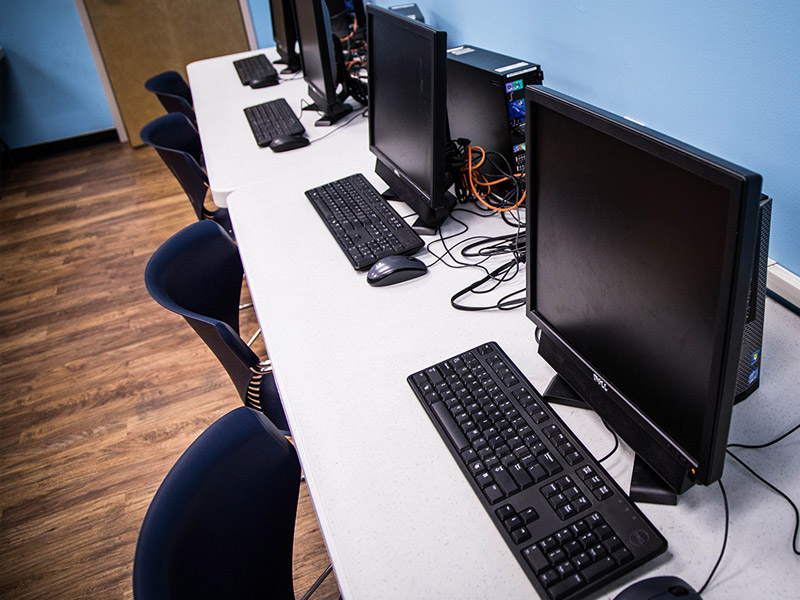Piney Ridge Treatment Center helps children & adolescents struggling with self-harm build a strong foundation for long-term recovery. Located in Fayetteville, AR, Piney Ridge is the leading provider of self-harm treatment.
Self-Harm Treatment
Learn more about self-harm treatment at Piney Ridge Treatment Center in Fayetteville, Arkansas
A child who has been engaging in self-harm may feel totally alone; isolated from the rest of the world, feeling like no one can possibly understand what they going through. Self-harm is on the rise, particularly in older children and adolescents. In instances of self-injury the cutting serves a purpose for the child; helping them deal with painful emotions, anger, or frustration that they don’t know how to cope with in any other way. However, self-harm can be incredibly dangerous and without proper treatment can lead to more devastating consequences. Fortunately, with proper types of therapeutic interventions, a child can learn to stop hurting themselves once and for all. Let us help.
Piney Ridge Center has nearly twenty years of experience helping the teens and children in our residential treatment program learn new ways of coping with stress, handling distressing emotions, and learning how to feel real emotions again. We’ve helped countless children and teens who self-harm and have engaged in sexually deviant behaviors work through their challenges in our safe, welcoming environment as they begin their pathway toward recovery and renewal.
How to Help a Loved One
Helping a loved one get treatment for self-harm
If your child or teen is engaging in self-injury, you’re probably terrified for him or her. You may know that while this is not a suicidal behavior, if it goes too far, it may lead to death or permanent problems for your loved one. Your emotions may be all over the place as you struggle with feelings of shame, guilt, anger, and frustration. It can be hard for those who do not engage in self-harm to understand why their child hurts him or herself. The answer isn’t the same for each child, but with proper treatment, children who self-injure can learn more adaptive ways of coping with their challenges. Here are some of signs your child may be engaging in self-injury:
- Frequent “accidents”
- Scarring on areas often covered by clothing – the thighs, torso, and arms
- Bloody towels and sheets
- Needing to be left alone for long periods of time
- Wearing weather-inappropriate clothing such as long pants and sleeves in the hot summer sun
Knowing the signs can allow you to properly find treatment for your child or teen so that he or she learns healthier ways to handle problems. Having a child who self-harms can be tremendously hard to handle and you may feel overwhelmed at times. Here are some ways you can take care of yourself during this time:
Find support: there are a number of support groups available – check with your local hospital to find out what is available in your area. Find a therapist who you connect with to help you through this situation and process your emotions.
Practice self-care: Each day, do one nice thing for yourself. It doesn’t have to be elaborate or fancy – it can be as simple as taking a bubble bath or reading a good book. Get enough sleep, exercise throughout the week, and eat well so that you’re at the top of your game.
Let the professionals do their job: When your child is in a treatment center, it can make you feel helpless. The professionals know what they’re doing and should be able to help you understand the progress your child is making.
Why Consider Treatment
Why consider treatment for self-harm at Piney Ridge Treatment Center in Fayetteville, Arkansas
If your child is self-harming, the burden of this secret obsession may begin to take its toll. Their emotional state may quickly deteriorate as they become increasingly fixated upon these secret behaviors. Additionally, they may get lost in self-harming sessions and find that they have hurt themselves quite badly, even though they weren’t trying to attempt suicide. Those who are self-harming can see the harm that they are causing themselves, but they generally are unable to stop. A residential treatment that focuses upon helping children and teens who self-injure and exhibit inappropriate sexual behavior can make a world of difference in your life.
A residential program allows your child to live on campus with other children and teens who are struggling with similar challenges, which can reduce the feelings of social isolation caused by self-injury. They will be able to get away from the stresses and triggers of daily life and focus upon healing in a safe, secure, and welcoming environment. Under one roof, a child can receive the therapies, medication, and medical care they need, helping them slowly build a better future for themselves.
Our Philosophy
Piney Ridge Treatment Center philosophy and benefits
At Piney Ridge Treatment Center, we believe that every child and family who comes to us for help is unique and deserves to have a treatment plan personalized to meet those unique needs. The staff at Piney Ridge recognizes that sexual thoughts and behaviors are meant to be private aspects of one’s life. We understand that addressing problematic sexual behaviors must be done in a therapeutic manner that is meant solely for the purpose of teaching our patients to reshape their future behaviors. We also understand that the added symptoms of anxiety can elicit the need for additional methods of treatment that will help get that aspect of our patients’ lives under control as well. Our program is designed to provide patients with the ability to understand how to accept responsibility for their past behaviors so that they can make the changes that they need to in order to get well.
Types of Treatment
Types of self-harm treatment offered at Piney Ridge Treatment Center in Fayetteville, Arkansas
When your child first arrives at our campus, they will undergo a comprehensive intake analysis that will allow us to determine their needs and how we can best be of help. Our medical evaluation will detect any drugs or alcohol in their system as well as determine if they are suffering from any medical complications of their self-harming behaviors. The psychiatric evaluation will help determine the root cause for the self-harm, diagnose any co-occurring disorders, as well as determine the specific type of maladaptive sexual behaviors they experience. We will take the results of their evaluations and come together with you and your child to create a treatment plan that meets all of their needs.
Medication may be included as a part of your child’s treatment plan. While there is no medication available to strictly treat self-injury, there are many available to treat some of the disorders, such as depression, that may be leading to this behavior. Other medication may be used to treat co-occurring disorders such as ADHD. Medication usage and efficacy will be very closely monitored by the treatment team.
Individual therapy is offered once per week, with more as needed, and will allow your child private time to work with a therapist regarding their troubles. Time may be spent talking about triggers for cutting, how to handle them, as well as address underlying problems in life, such as deviant sexual behavior. Your child and their therapist will work together to create solutions to the problems so that they can slowly begin to heal.
Group therapy is held each day of your child’s stay at Piney Ridge and will allow them the chance to work with others who have similar challenges so that they have the opportunity to work together to grow, learn, and heal in a therapeutic setting. Some groups will be same-sex only while others will include both boys and girls. Group topics may include sexual safety, anger management, empathy training, social skills, and life skills.
Family therapy is held once each week while family can visit three times per week. We’ll work on educating all family members about self-harm, ways they can help prevent relapse, and about mental illness in general. We’ll also provide family members the chance to express the ways the illness has changed the family dynamic and work to mend any bonds strained by self-harm and sexual deviance.
As Piney Ridge Center treats the whole person we include experiential therapeutic approaches designed to complement traditional therapy. These may include:
- School-based programming
- Expressive therapy
- Recreational activities
- Activity therapy
- Spiritual guidance
Continuing Care
Continuing care and levels of treatment for self-harm
When your child is nearly ready to discharge from our residential center, you will work closely with your child and their treatment team to identify the next best steps in the recovery process and determine appropriate aftercare options Some of our clients find that they’d like to slowly reintegrate back into their community and opt to join a partial hospitalization program (PHP) or intensive outpatient program. PHP and IOP programs are outpatient programs that let individuals to continue to work on recovery during the day while returning home during the evenings and on weekends. Other clients may feel they’ve made enough progress in our program that they’re ready to discharge to home with referrals to traditional outpatient therapy.



